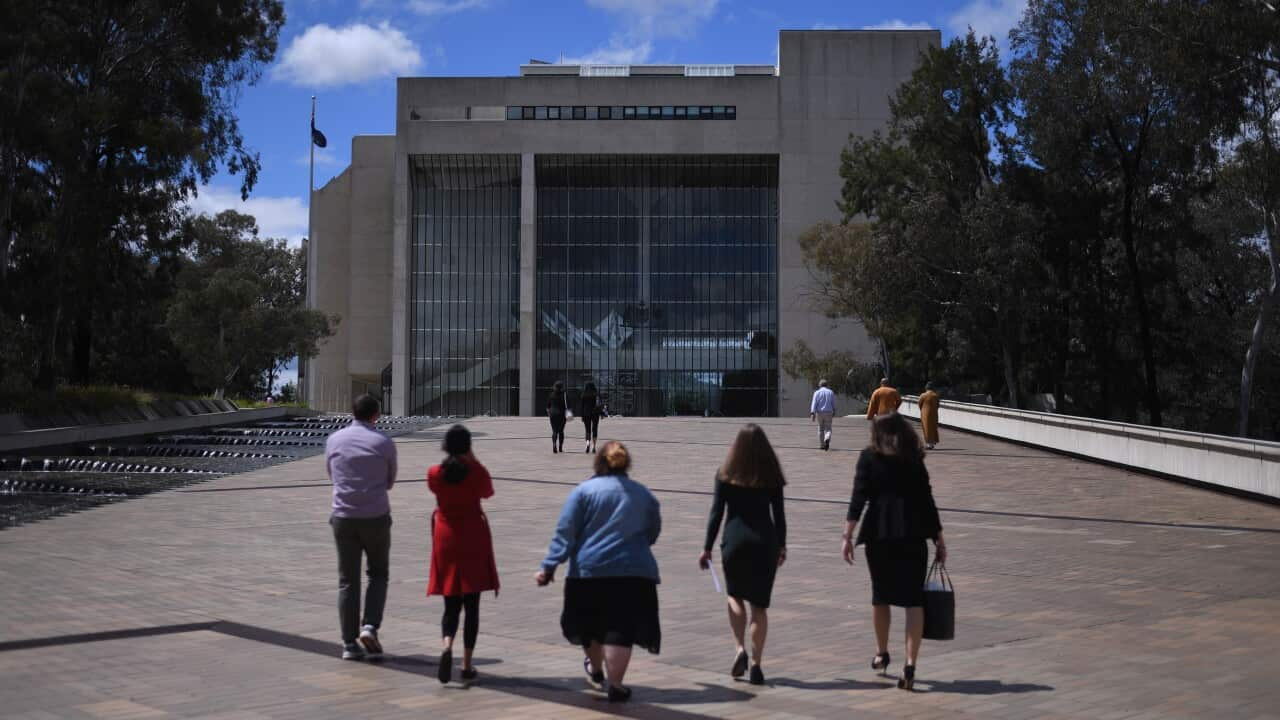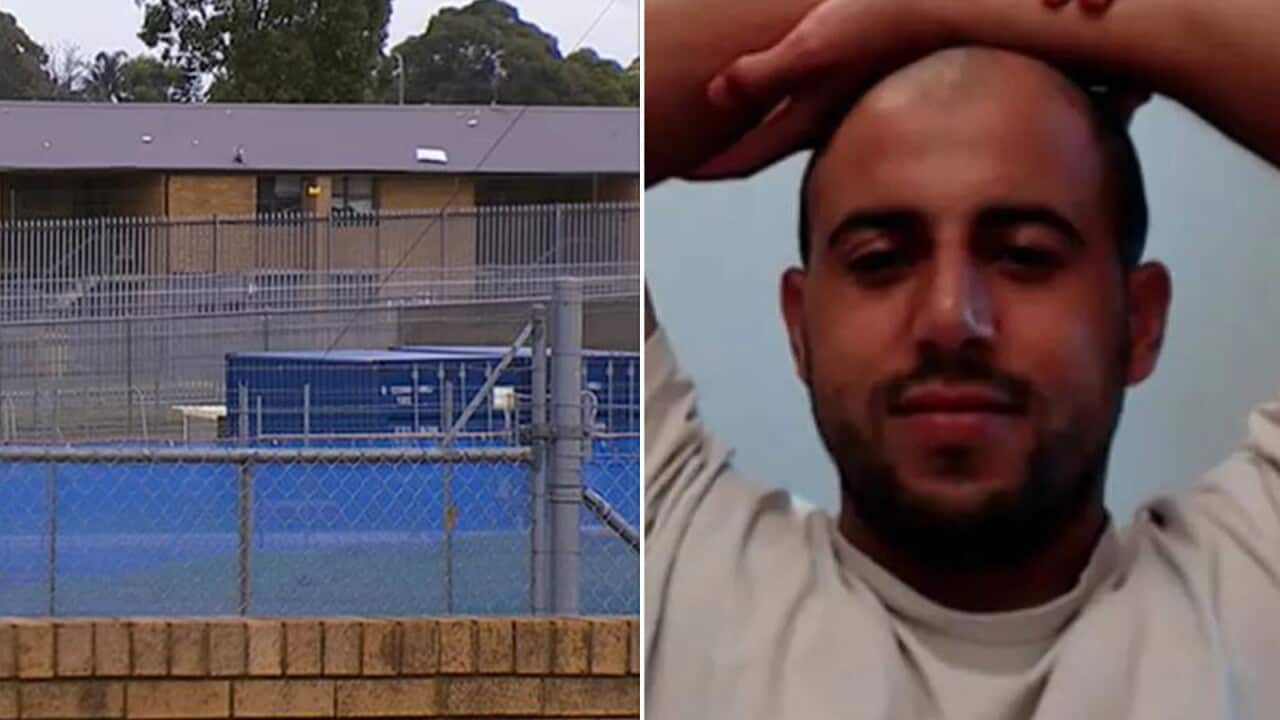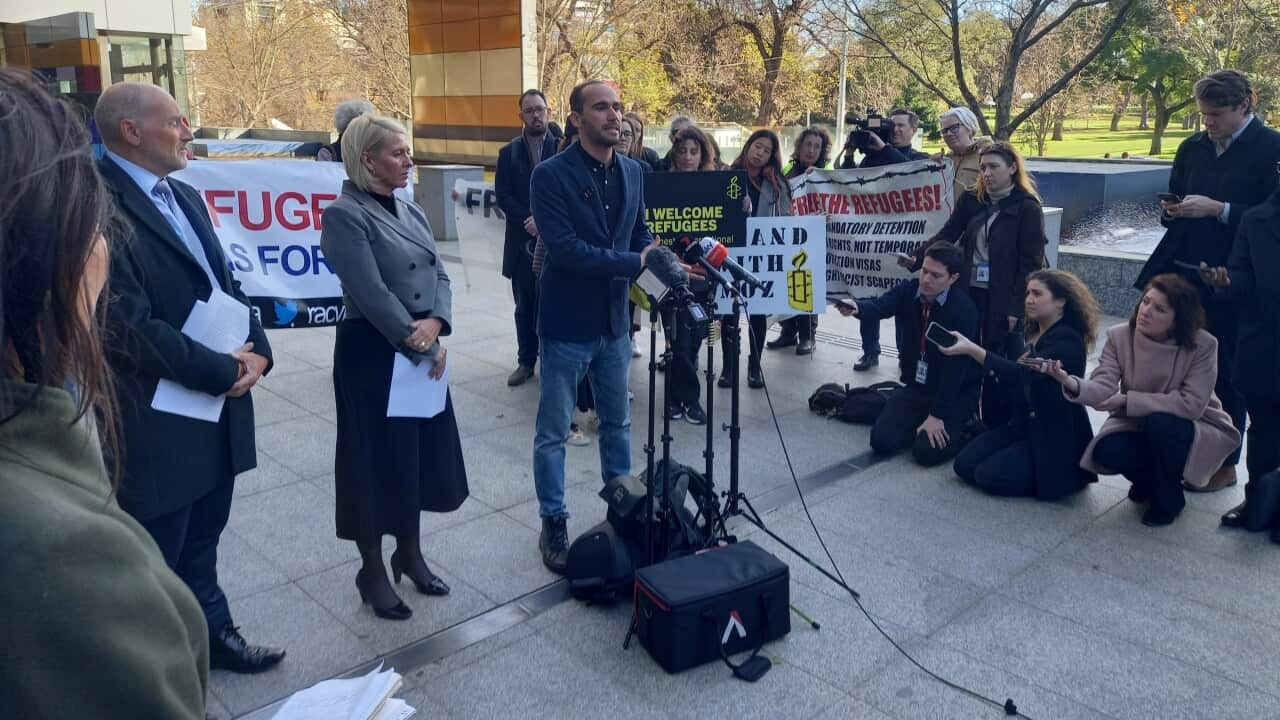Key Points
- The High Court has declared indefinite immigrant detention unlawful.
- The decision may mean that around 90 people held in detention will soon be released.
- The plaintiff in the case has been released under strict visa conditions, including reporting requirements.
Indefinite immigration detention is unlawful, the High Court has ruled, upending a controversial decision that has guided the Australian asylum seeker policy for the last two decades.
With a majority of justices in agreement, the court overturned a 2004 determination that ruled unsuccessful asylum seekers who could not be removed to another country could lawfully be held in indefinite immigration detention.
The case that undermined indefinite detention
after lawyers for a detained Rohingya man from Myanmar, referred to by the pseudonym NZYQ, argued the 20-year-old ruling was wrongly decided.
The man faced the prospect of detention for life because no country would resettle him due to a criminal conviction for sexual intercourse with a 10-year-old.
Chief Justice Stephen Gageler showed concern about the lack of time frames around indefinite detention.
"The problem here is with the scenario where that which the provision is designed to achieve in fact simply will not occur, cannot occur, at least in the foreseeable future," he told the High Court.
When told some people were less desirable to other countries because of their record or the security risk they may pose, the chief justice noted, "another way of putting that – a less attractive way of putting it – is that they are being kept in detention because of their character".
Freed man placed on strict visa conditions
The plaintiff has been freed from detention, but will face heavy surveillance.
Foreign Minister Penny Wong said he had been placed on strict visa conditions including reporting requirements.
"This is obviously a judgement that has significant implications," she said.
"This government will continue to work with authorities in our response to this decision to ensure community safety is upheld."

Penny Wong said the freed plaintiff will face strict reporting requirements. Source: AAP / Lukas Coch
The 2004 ruling and what could happen now
The original, now overturned, decision involved stateless Palestinian Ahmed Ali Al-Kateb and Iraqi national Abbas Mohammad Hasan Al Khafaji, who had both arrived in 2000.
The duo had and asked to be returned to the Middle East.
However, the government could not reach an arrangement for another country to take them.
The two men had been in the community for 12 months at that point, but the court order determined they should be returned to detention.
Al-Kateb and Al Khafaji were quickly granted bridging visas but others since have not been so lucky.
According to the Human Rights Law Centre, the government holds people in detention for 708 days but there are currently 124 people who have been detained for more than five years, many of whom are stateless or owed protection by Australia.
With this decision, about 90 people held in a similar detention situation to the Rohingya man could soon be released.
Principal solicitor Hannah Dickinson said Wednesday's ruling was momentous, as the Al-Kateb decision had underpinned Australia's immigration policy for more than two decades.
"This decision will have real, life-changing impacts for those who have been deprived of hope, liberty, and security for years on end …(the) government must now move swiftly to act on the High Court's decision, freeing those who have been unlawfully detained," she said in a statement.
Refugee advocates, law experts hail decision
, Asylum Seeker Resource Centre CEO Kon Karapanagiotidis said he was "thrilled to see the High Court end a two-decade shameful chapter in Australia's history."
"We're the only democratic country in the world that indefinitely detains refugees, people seeking asylum and migrants who have no prospects of being removed."
"It's a landmark decision for human rights and a fairer, decent and lawful refugee immigration system," he said, adding that he thought it would "usher in justified compensation claims".
Professor Jane McAdam, director of UNSW's Kaldor Centre for International Refugee Law, called Wednesday's decision an "important and long-awaited victory for human rights".
"Indefinite detention has always been arbitrary and unlawful under international law," McAdam said.
"For decades, Australia's approach to detention has been completely out of step with that of other democratic countries.
"This will now have to change."
Refugee Council of Australia chief executive Paul Power said urgent action was needed to ensure no one else is being held illegally.
"Indefinite detention has always been morally wrong and unlawful under international human rights law … (the) decision is a welcome step in abolishing the inhumane policy of indefinite detention," he said in a statement.
"It is time now for the immigration minister to urgently review the cases of all those detained and work towards ending the policy of mandatory indefinite detention."
The response from Canberra
Advocates are calling for every stateless person held in detention to have their case reviewed, although federal cabinet minister Murray Watt said no immediate action would be taken.
"The High Court has not published its reasons for the decision yet … we will obviously be obtaining the advice of the solicitor-general as to the implications of that decision for the other people who it may affect," he told parliament on Thursday.
Labor MP Andrew Leigh, who is a former High Court associate, forecast a government response in the coming days.
"The ruling has just come down so the government is studying and will respond on its implications … it is a fresh judgment, we'll study it and respond," he told reporters in Canberra.
Greens senator Nick McKim echoed calls for the affected detainees to be immediately released, adding the ruling would force a revamp of the detention system.
"Courts should decide prison sentences. Politicians must not," he said in a statement.
"Labor has consistently denied reality by arguing no-one is being detained indefinitely in immigration detention … this decision puts the lie to that claim."

Australian Greens Senator Nick McKim speaks to the media during a press conference at Parliament House in Canberra, Wednesday, May 31, 2023. Source: AAP / Lukas Coch
"What part of the words 'High Court of Australia' do you not understand?" he asked the Labor government.
"Have you got an argument with the High Court of Australia ruling and if not, why are you not getting to work now and ensuring all people within the scope of that ruling are freed?"
Liberal senator James Patterson said if a number of detainees who had been locked up on character grounds were released, the government would need a plan to ensure community safety.
The court will publish its judgment in the coming months.






